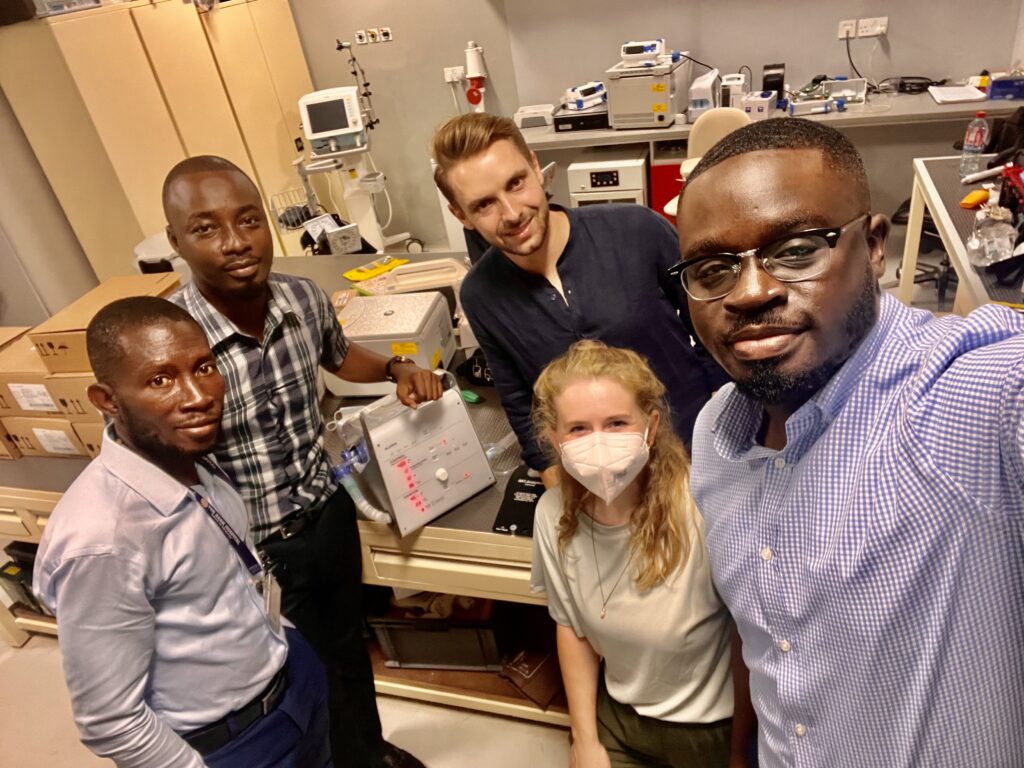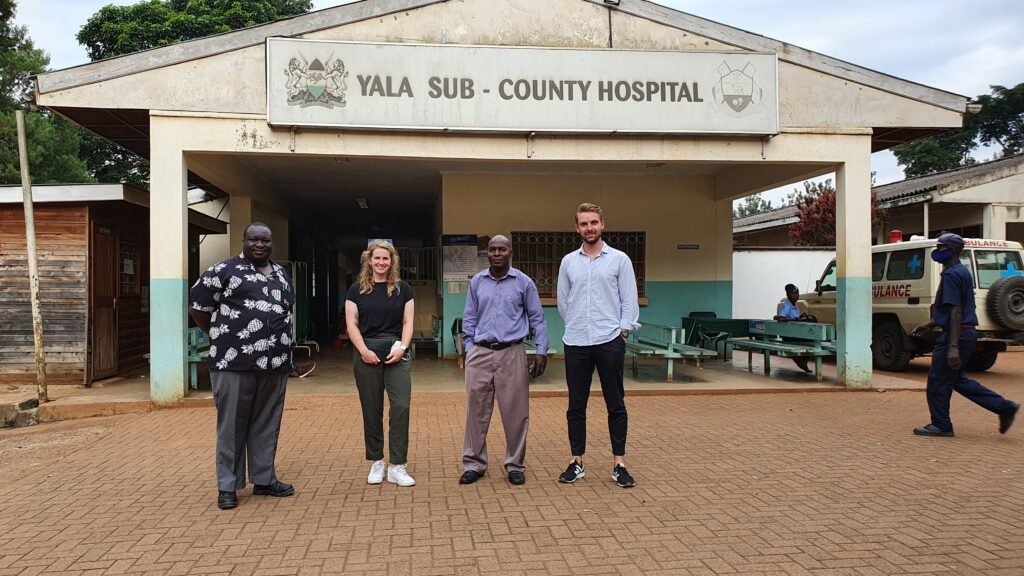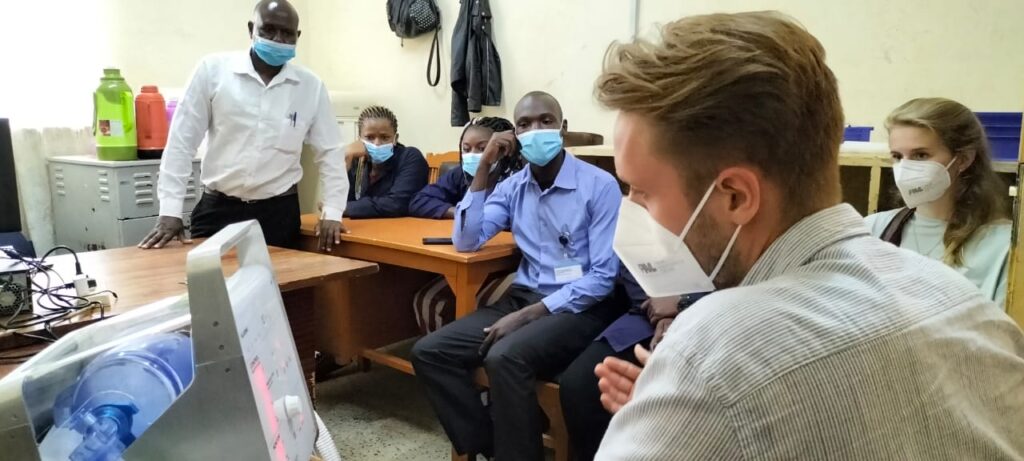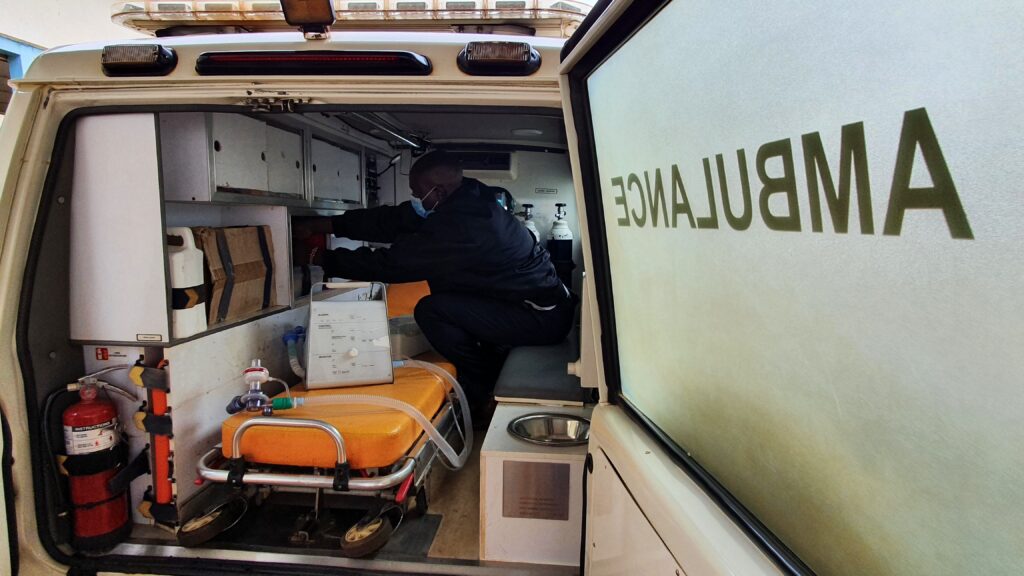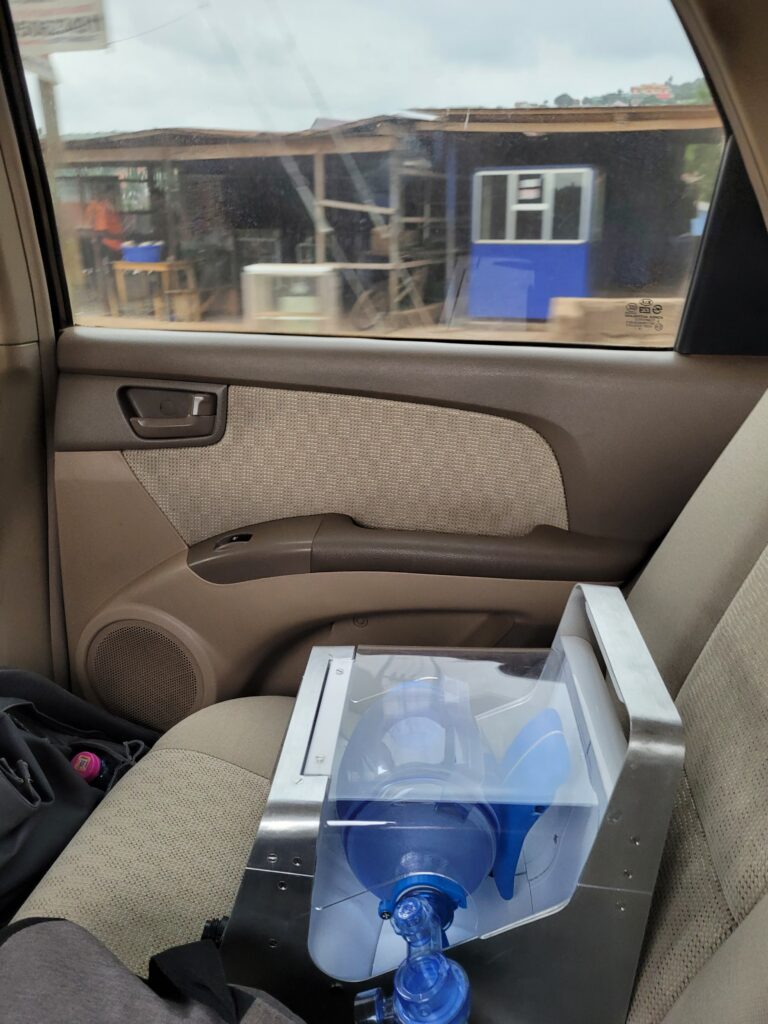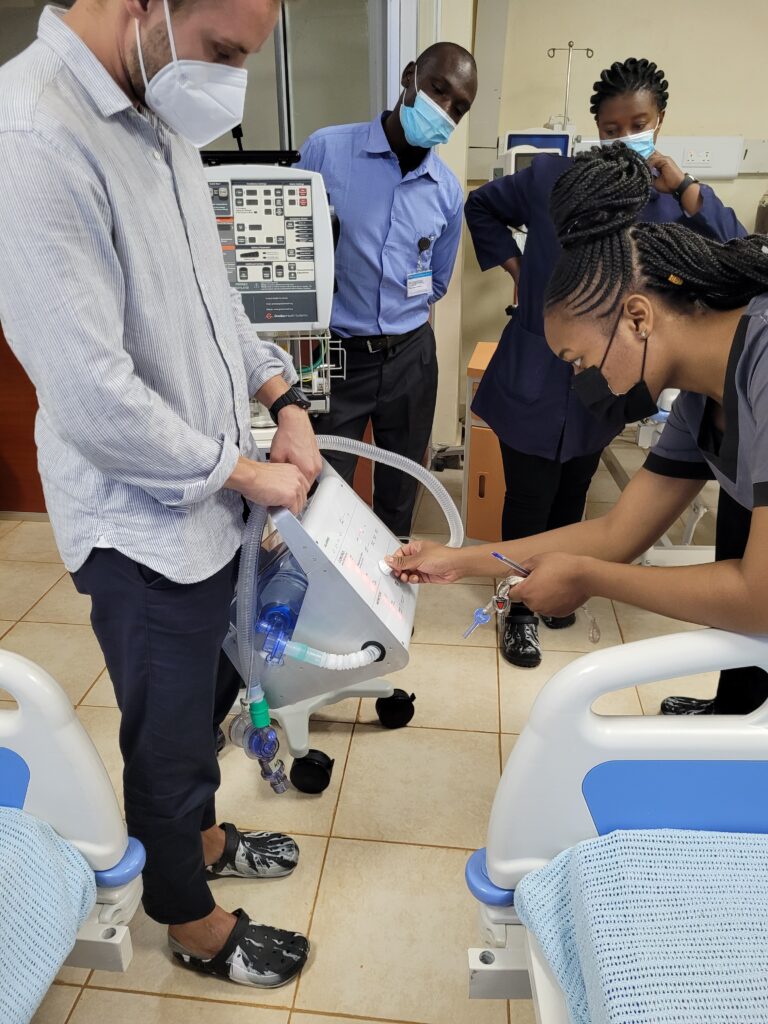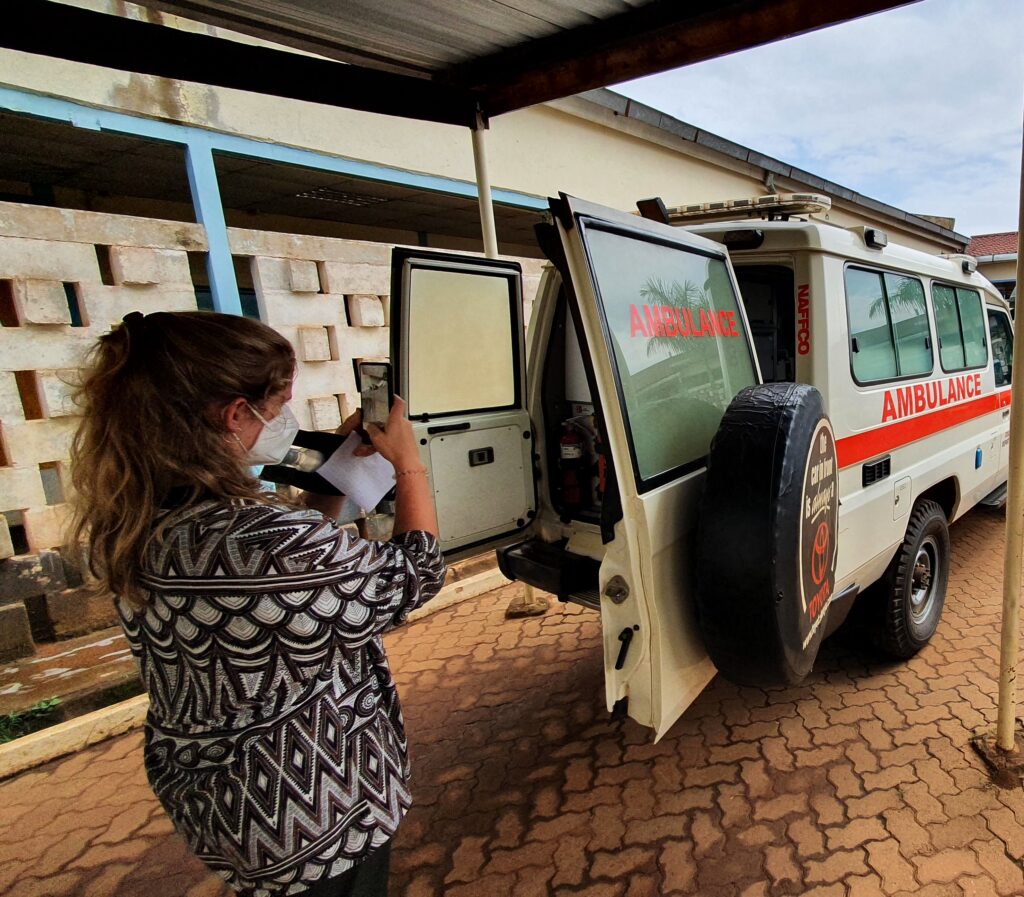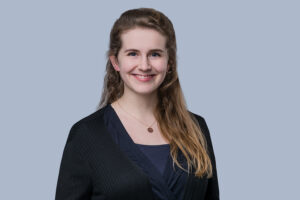Before I started as a doctoral student in mechanical engineering, I did not expect that I would get the opportunity to travel to Ghana and Kenya in my first year to learn from health care professionals and engineers about the use of and requirements for medical equipment. I rather expected to have my head deep in books and papers, read about the findings of other scientists, and think about theoretical approaches for my research on the Product Development of Medical Devices for Low-Resource Settings. After this practical experience, I am convinced that these early insights will be highly valuable for my research to focus on the essentials from the very beginning.
Concerning my research topic, I consider myself lucky to not only work theoretically on the Product Development of Medical Devices for Low-Resource Settings but also be part of a team at ETH Zurich that actively develops a medical device: a low-cost ventilator for all. Aimed as an emergency and transport ventilator, the breathe ventilator provides patients in rather rural areas with access to critical care. The ventilator focuses on a simple and user-friendly design for an affordable price specifically adapting to low-resource settings. During the development phase, we asked ourselves how we could ensure that we are designing a device that is not again only suitable for high-resource settings. We felt that it is crucial to talk to the potential users of the device and discuss our ideas with them as early as possible in the product development process.
Concerning my research topic, I consider myself lucky to not only work theoretically on the Product Development of Medical Devices for Low-Resource Settings but also be part of a team at ETH Zurich that actively develops a medical device: a low-cost ventilator for all. Aimed as an emergency and transport ventilator, the breathe ventilator provides patients in rather rural areas with access to critical care. The ventilator focuses on a simple and user-friendly design for an affordable price specifically adapting to low-resource settings. During the development phase, we asked ourselves how we could ensure that we are designing a device that is not again only suitable for high-resource settings. We felt that it is crucial to talk to the potential users of the device and discuss our ideas with them as early as possible in the product development process.


